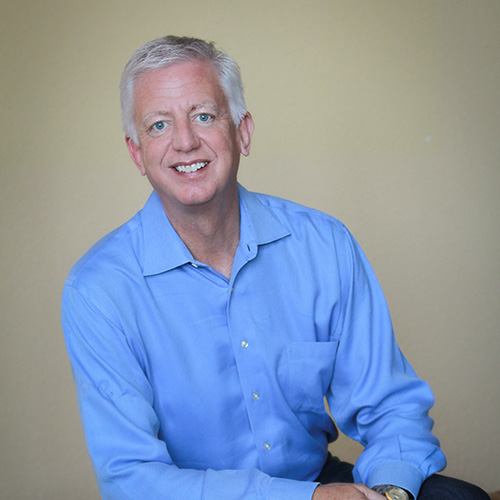About the Giving Pledge
Joining the Giving Pledge is more than a one-time event—it means becoming part of an energized community of some of the world’s most engaged philanthropists. Fifteen years since its founding, the Giving Pledge has created new norms of generosity and evolved into a connected, forward-thinking, and active global learning community.
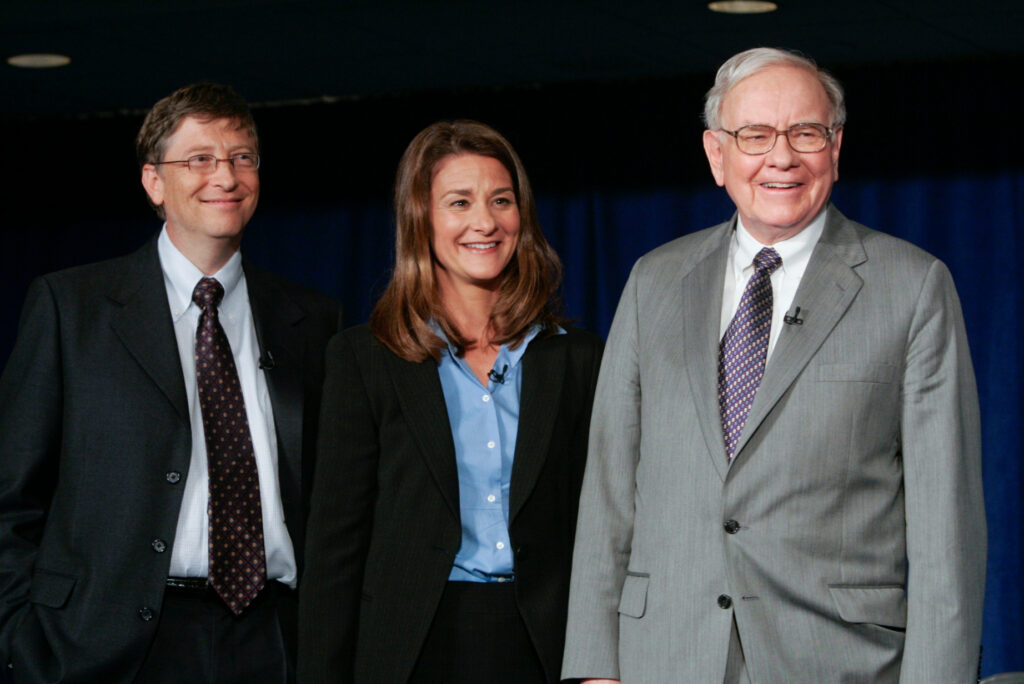
How it began
Founded by Bill Gates, Melinda French Gates, and Warren Buffett, the Giving Pledge launched in 2010 to unlock vast resources to address the world’s most urgent issues. Since then, more than 250 of the world’s wealthiest philanthropists from 30 countries have joined together in this promise.
How it works
Philanthropists join the Giving Pledge through making a public commitment, and many write letters to explain their reasons behind joining. They pursue their philanthropy independently and often come together to learn or embark on collaborative giving efforts.
Pledgers support a wide array of issues in every corner of the globe and give in a multitude of ways. What unites them is a shared promise and a commitment to creating an impact.

Finding connection, inspiring action
Being part of this community means Pledgers don’t need to go it alone. It means finding trusted peers to learn with and from.
The first fifteen years of the Giving Pledge have brought profound impact, learning, and connection, but much work remains to be done. The remarkable growth of the community means there are now more opportunities than ever for Pledgers to collaborate, learn from one another, and make an impact together.
Shifting norms, lasting impact
Since the very beginning of the Giving Pledge, it has focused on those with a net worth of at least one billion dollars (or who would be billionaires if not for their giving) due to the enormous potential of the resources they can deploy.
That potential has translated into impact in every corner of the globe—from shifting philanthropic norms to seeding innovation and helping people survive and thrive worldwide.
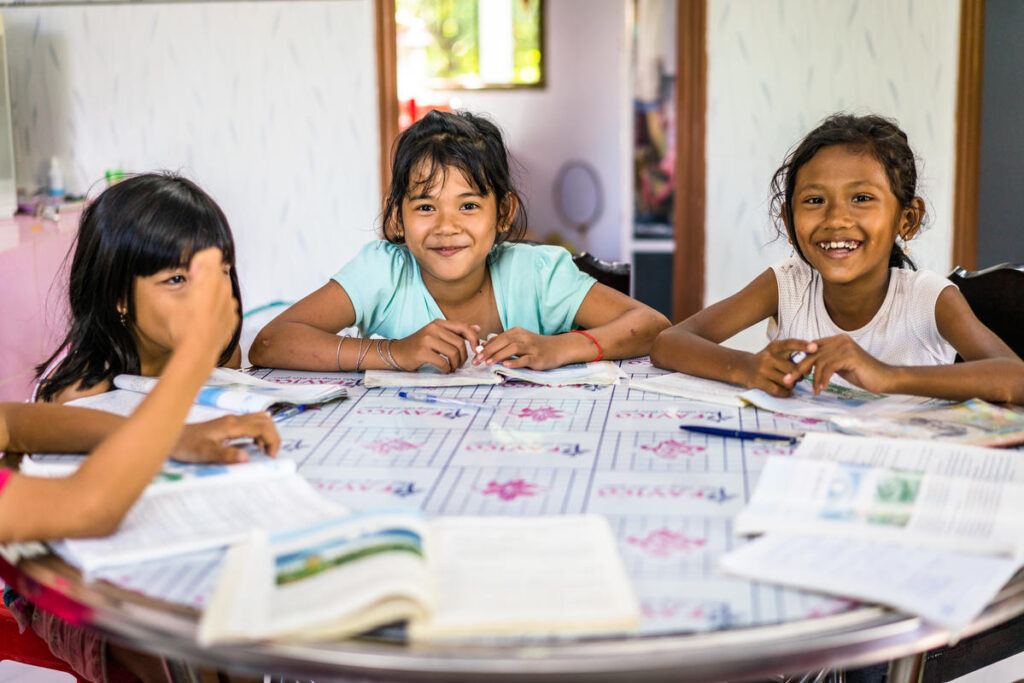
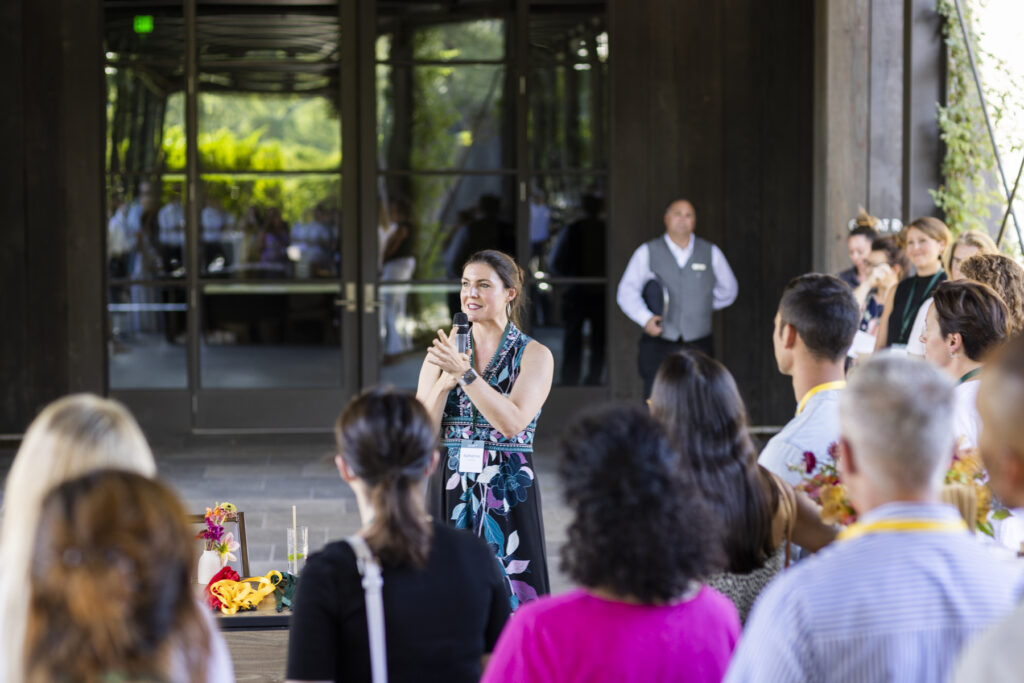
Engaging across generations
In 2014, in response to interest from children and grandchildren of Pledgers, the Giving Pledge Next Generation group—or “Next Gen”—was born. The goal of the Next Gen group is to enable participants to achieve the impact they hope to see in the world—either through their own philanthropy, or by supporting their family’s philanthropic endeavors.
Today, the Next Gen group has more than 300 active participants around the world, ranging in age from 18 to 75.
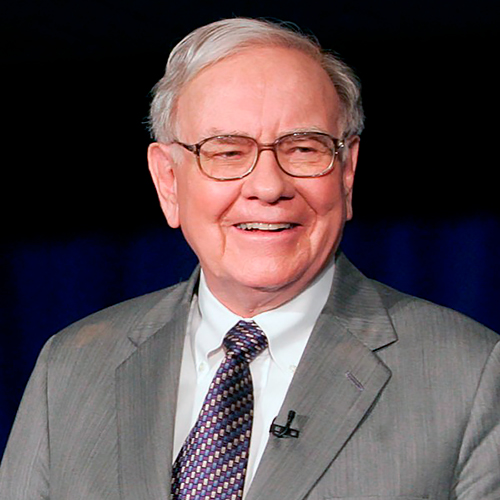
More than 99% of my wealth will go to philanthropy during my lifetime or at death. Measured by dollars, this commitment is large. In a comparative sense, though, many individuals give more to others every day.”
Warren Buffett, Pledged in 2010
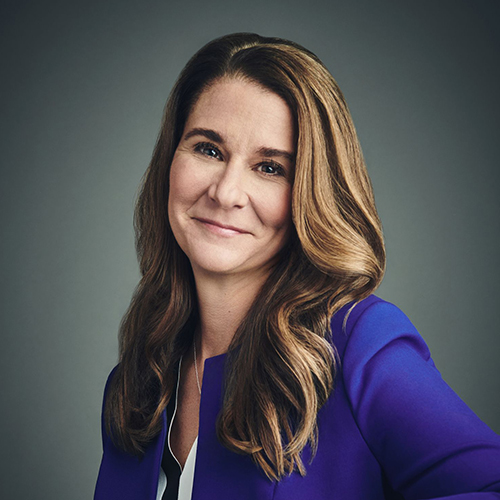
I recognize the absurdity of so much wealth being concentrated in the hands of one person, and I believe the only responsible thing to do with a fortune this size is give it away—as thoughtfully and impactfully as possible.”
Melinda French Gates, Pledged in 2010
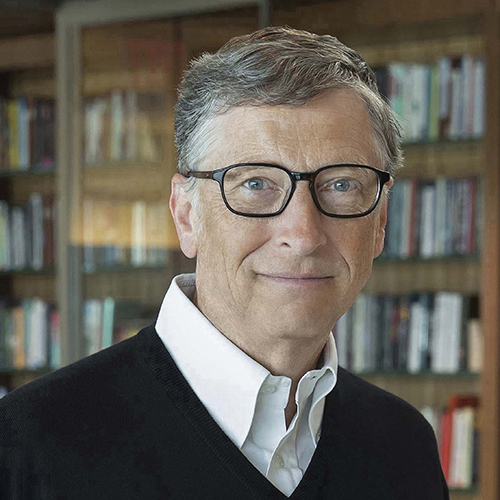
My dad used to say, “There’s no problem bigger than we are.” I never doubted him, but the work of the Giving Pledge gives me absolute certainty that he was right. I’m honored to be part of this community of problem solvers.”
Bill Gates, Pledged in 2010
